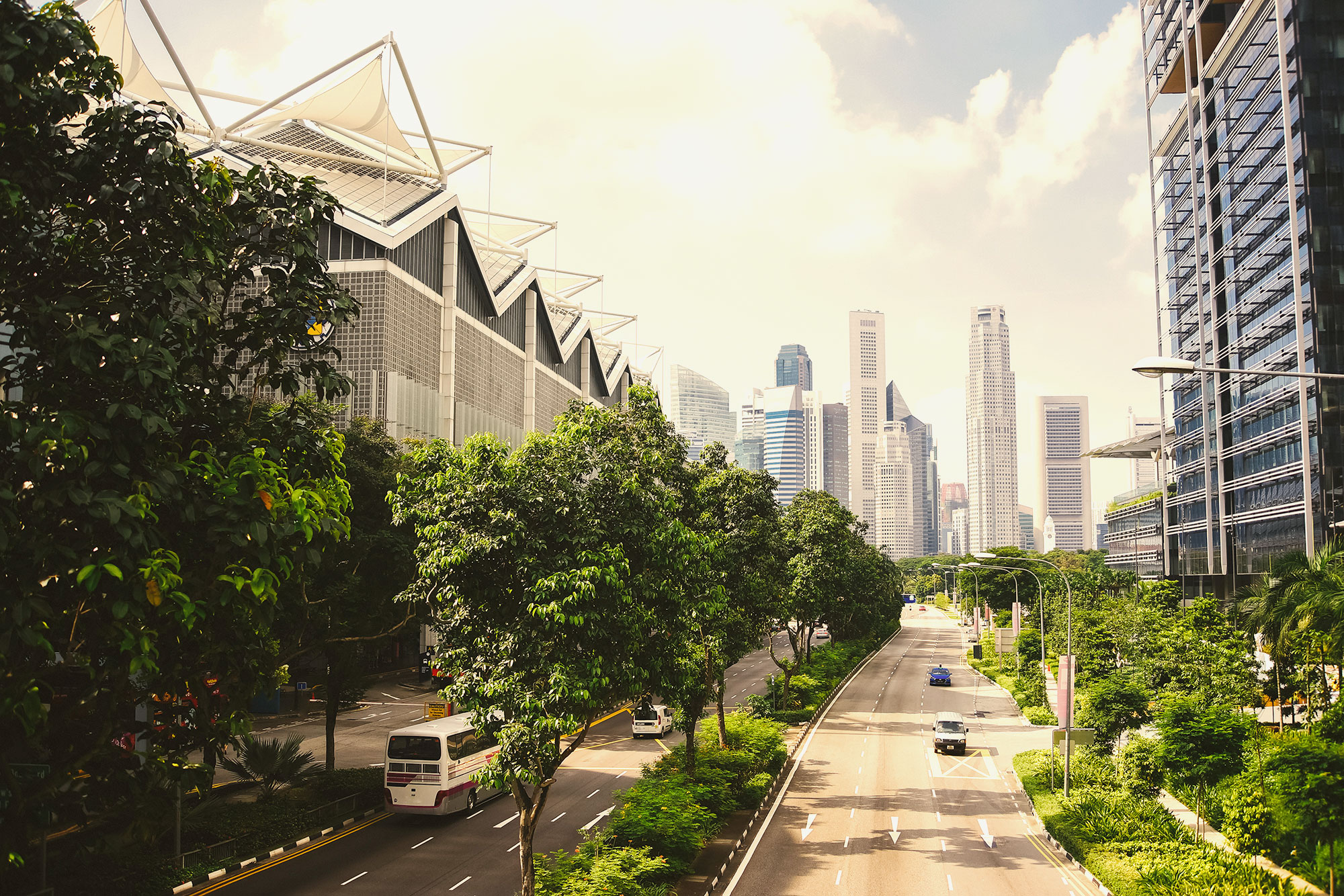Climate change is a defining issue of our time and our future will be shaped by the choices we make today.
Organizations, governments, and communities around the globe are increasingly prioritizing sustainability — leading to a variety of career opportunities in this rapidly growing field.
If you’re passionate about making a change in the world around you, sustainability and the related field of global development practice offer many options for career growth and impact. In this blog post, we’ll explore these two fields and how you can build the skills you need to excel.
What is Sustainability?
Sustainability focuses on building systems and initiatives that can continue into the future without depleting our planet’s resources. The concept of sustainability was first defined in 1987 by the United Nations Brundtland Commission as “meeting the needs of the present without compromising the ability of future generations to meet their own needs.”
A simple example of sustainability is energy. Dependency on fossil fuels isn’t sustainable because those fossil fuels will eventually run out if we continue to use them. Their use also negatively impacts the environment as well. However, energy options like wind and solar power are sustainable because wind and sun cannot be depleted.
But sustainability extends well beyond just energy usage. Because sustainability addresses more than just the environment, the aforementioned UN report identified what are known as the Three Pillars of Sustainability:
Environmental: This includes taking efforts to combat climate change, what types of resources we take from the environment, and how to ensure that those resources will last for future generations.
Social: This can include taking steps to ensure that everyone has access to health care, education, and nutritious food, and ensuring that those social systems put in place are sustainable, not finite. Social sustainability isn’t just creating safety nets, but ensuring that both people and the environment are cared for.
Economic: The third pillar is economic stability, which focuses on supporting healthy and long-term economic growth, job creation, and focusing on ensuring that businesses have a sustainable workforce. This can also include using sustainable resources for manufacturing, reducing dependence on fossil fuels, making the supply chain more green, and being fiscally responsible.
Ultimately, sustainability is a matter of survival. Rising temperatures can impact what McKinsey has identified as five different impact areas: livability and workability; food systems; physical assets; infrastructure services; and natural capital.
Finding sustainable ways forward is paramount to our collective welfare and success.
What is Global Development Practice?
Sustainability efforts, initiatives, and choices should be applied globally across environmental practices, social practices, and economic practices. Individuals who want to impact multiple areas can look to the field of global development practice.
Those working in global development practice find solutions to the problems impacting individuals, economies, and climates around the world. For example, individuals in this field work to address issues of access and inequality, especially in developing nations. They focus on implementing initiatives and solutions for improving agriculture, education, governance, human rights, communication technology, safety and security, and humanitarian aid.
For examples of the types of projects someone in global development practice might tackle, the Center for Global Development has recently worked on a number of initiatives, including:
- The creation of an Accelerator Hub to facilitate investments in African businesses
- A “bilateral labor migration agreement” where individuals from low-income nations can acquire skills from high-income nations
- Advocating for better and smarter US immigration policies, especially around temporary work visas to nations impacted by natural disasters
- Reaching out to the World Bank to revise its practices around vaccine funding, allowing more countries to acquire COVID-19 vaccines
- Conducting research on the efficacy and sustainability of privatizing public education
What is the Intersection Between Sustainability and Global Development Practice?
Sustainability and global development practice share similar values and, in many ways, are working toward the same goal. For example, the UN’s list of 17 Sustainable Development Goals includes aspirations like eliminating poverty, quality education, clean water, gender equality, clean energy, reduced inequalities, and more.
Many of these sustainability goals will only be achieved by individuals working on the ground in global development practice initiatives. As the UN articulates it, “ending poverty and other deprivations must go hand-in-hand with strategies that improve health and education, reduce inequality, and spur economic growth — all while tackling climate change and working to preserve our oceans and forests.”
What is the Career Outlook for Sustainability and Global Development Practice?
It’s rare to find a focus area like sustainability or global development practice that can be applied to so many industries and aspects of society. They’re not just in demand. They’re crucial to ensure that humanity can grow and thrive in the future.
According to LinkedIn’s “Global Green Skills Report 2022” report, the number of jobs in the US that have an environmental focus has increased by 237% in the last five years.
More employers are viewing sustainability as a skill that one can apply to a number of career paths, from business to social justice. According to the same report, job postings that require candidates to have “green skills” have grown at around 8% annually since 2015. About 10% of total jobs posted require candidates to have at least one green skill. “Sustainability” or “Sustainable Development” accounts for 27.6% of job postings requiring green skills.
When it comes to work areas of focus, individuals trained in sustainability and global development practice can bring their expertise to many different public and private sector spheres. Areas include public policy, business practices, human rights work, government, economic development, or academia.
Example jobs could include manager of corporate sustainability at a Fortune 500 company, a consultant in sustainability for various organizations, a land management director at an NGO, a communication director for environmental issues at a news agency, or the founder of a sustainable investments startup.
What is the Education Path to a Sustainability or Global Development Practice Master’s Degree?
If you’re ready to pursue a career in sustainability or global development practice, there are multiple pathways forward.
If you’re more drawn to furthering your career in sustainability, Harvard Extension School’s Sustainability Master’s Degree Program can build your knowledge around sustainable practices, introduce you to the various societal and political structures that support sustainability, and help you better understand how to tackle the challenges posed by climate change and environmental harms today. You’ll also learn how to think critically about today’s sustainability challenges, and put that knowledge into practice by developing solutions to problems you see in the world and applying them hands-on.
Classes for the comprehensive sustainability master’s degree may include Innovative Technologies and Practices for Climate Change Resilience, International Political Economy of Decarbonization, Sustainable Business in the Twenty-First Century, Introduction to US Environmental History, Urban Agriculture, and more.
If you believe that a career in global development practice is right for you, Harvard Extension School’s Global Development Practice Master’s Degree Program can help you better understand global issues and impacts, like those around health and wellness, ecological systems, technology, finance, and more. Put your ideas into practice as you identify problems, gather evidence, and create an action plan to address global inequalities around you.
Global Development Practice master’s degree classes may include Critical Analysis of Global Development Systems, Sustainable Development in Theory and in Practice, and Racial Equity and Economic Development.
Our future will be shaped by the sustainability efforts we put forth today. If you want to be part of shaping that future and want to take the next steps in your career, learn more about our master’s degree programs in Sustainability and Global Development Practice.

